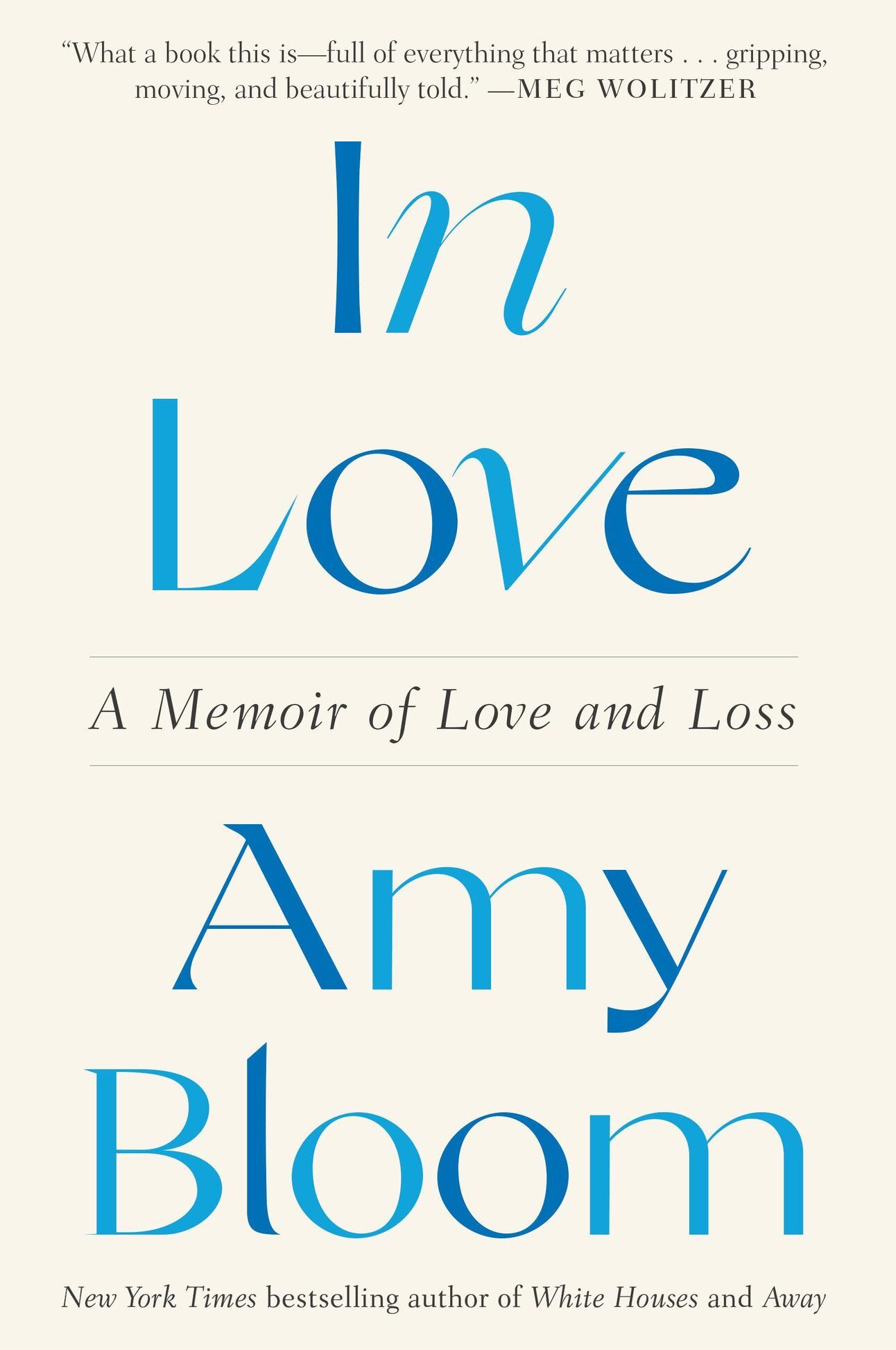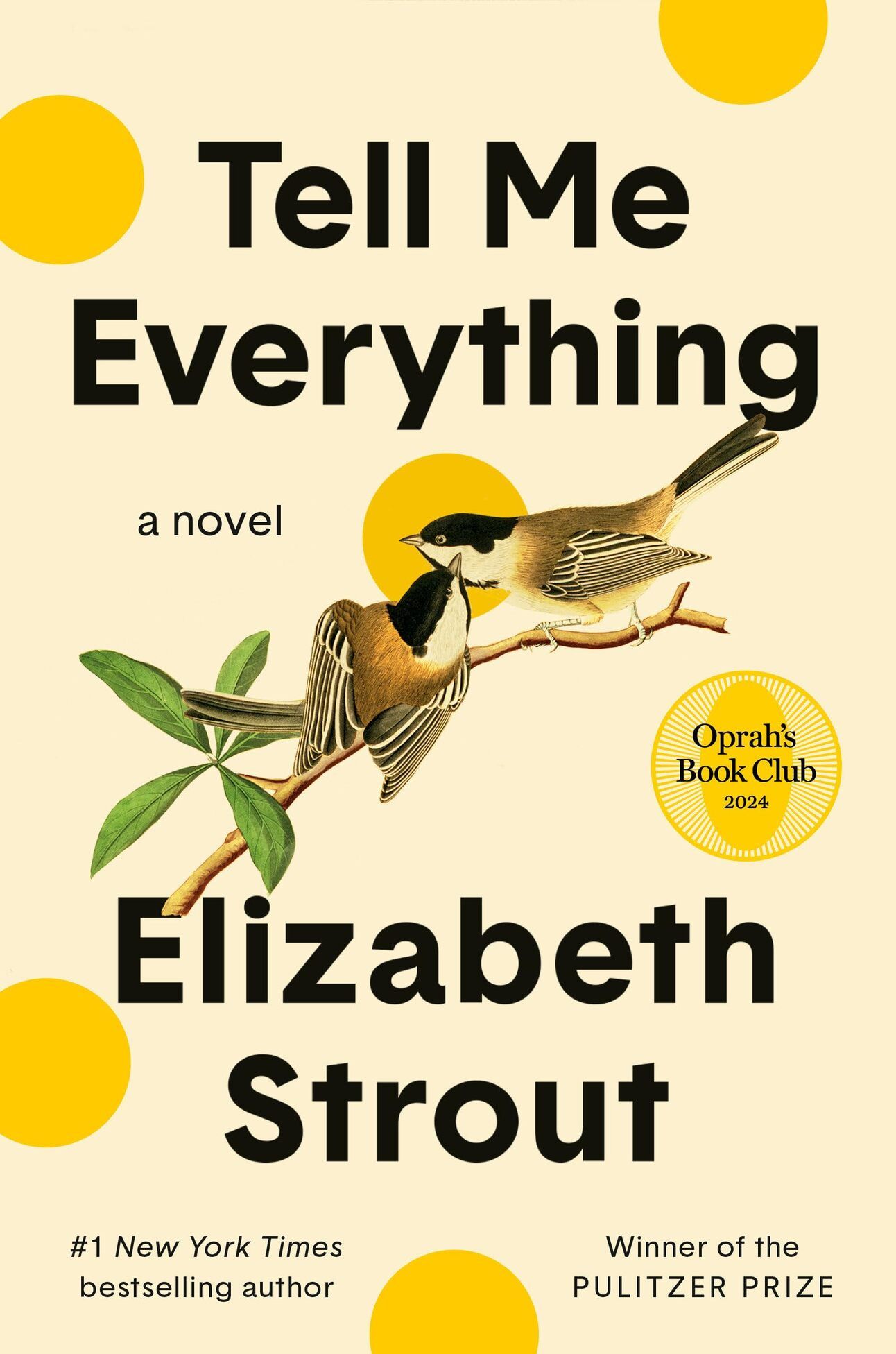- It's An Inside Job
- Posts
- Is thinking overrated?
Is thinking overrated?
Hello,
I've been thinking about thinking – at a time when so much feels uncertain and even overwhelming.
More specifically, I've been reflecting on how the sort of thinking that dominates the modern world—rational, analytical, logical, deductive—can reduce the richness in our lives, and disconnect us from who we are at our core.
This might sound heretical, particularly coming from someone who loves language, values clarity, and has spent much of his life as a writer. Isn’t clear, rational thinking exactly what we need in a complex, dysregulated world?
My answer is that it’s necessary but not sufficient. Thinking is different than wisdom, and wisdom is what we need most of all. It’s never simply rational.
I’m referring to thinking characterized by left-hemisphere dominance – the kind that is most valued in our educational institutions, most organizations, and in society at large.
We live in a world where intelligence is measured by how much information you can absorb and synthesize, how well you can analyze complex problems, and how quickly you can arrive at logical solutions.
All well and good, but there is so much more.
The Inner Workbench:
We’ve Become Irrationally Rational
Here's what we miss: The rational capacities we rely on to expand our knowledge often limit the breadth and depth of our understanding.
Instead of helping us see reality in all its richness, paradox, and nuance, our minds can oversimplify in pursuit of certainty. Because humans are meaning-making animals, we can use our rational capacity to make sense of the world but also to rationalize and justify our impulses and compulsions before and after we’ve acted on them.
Let me share a story that illustrates this point:
A colleague of mine was known for his ability to inspire new employees. He regularly gave orientation talks, and he took great pride in his effectiveness at engaging people, and getting them excited about their new employer.
One day, while delivering one of these talks, he noticed a young man in the front row who had an earphone in his ear, occasionally seemed to move his lips, and was tapping away on the keyboard of his phone. My colleague felt his frustration mounting.
Here’s the story he told himself: This person was being openly disrespectful. My colleague’s anger grew until, finally, he stopped his presentation, and launched into an impromptu lecture about the epidemic of digital distraction.
The young man remained remarkably calm. When my colleague finally asked what he had to say for himself, the man replied quietly, "Take a look at my phone."
On the screen were detailed notes from the presentation. The "earphone" turned out to actually be a hearing aid. The young man was a veteran who had lost much of his hearing when an IED exploded in Iraq, killing several members of his platoon. He was moving his lips because he was trying to read my colleague's lips to ensure he didn't miss anything.
At that moment, my colleague had to face the fact that his rational mind had constructed a story that justified his emotional reaction—a story that turned out to be entirely wrong.
Look Beyond the Left Brain
This is what our left hemisphere can do. It's masterful at creating narratives that seem entirely rational but too often they’re just elaborate, incomplete and even inaccurate justifications for our reactions, assumptions, and biases.
But that’s only part of the problem. When we over-rely on rational analysis, we cut ourselves off from other crucial sources of intelligence.
The left hemisphere is designed to break things into parts, to categorize, to reduce. But life—and leadership—requires us to also see the whole, to embrace complexity rather than always trying to simplify it.
Our other forms of intelligence are too often underdeveloped. The heart, when it is open, connects us to our emotional intelligence – the capacity for care, love, empathy, compassion, sensitivity, acceptance, gratitude, and the full range of emotions from joy to grief.
The body is a remarkable source of intuition and wisdom, with its capacity to take in vast amounts of information all at once.
Our spirit connects us to a larger whole beyond our separate sense of self, and our self-interest.
The often undervalued and undertrained right hemisphere of our brain has its own unique qualities, including the visual capacity to see the whole along with the parts.
Without valuing the full range of our intelligence beyond the rational, and even beyond language, is it any wonder that so many organizations feel so mechanical, transactional, and less than fully human?
Any strength we overuse eventually becomes a liability and a limiting factor in our growth and capacity. The challenges we face today are too complex to be solved through logic and analysis alone.
At The Energy Project, we've found that the most effective leaders are those who have learned to simultaneously access multiple sources of intelligence in order to address the most complex challenges, and to build meaningful, lasting relationships.
Your Bi-Weekly Energy Experiment
For the next two weeks, I invite you to practice a simple but powerful form of body awareness:
When you notice yourself feeling triggered or stressed during your workday, pause and try this sequence:
1. Name what you're feeling as specifically as you can.
2. Notice where in your body you feel the tension or discomfort.
3. Ask yourself what this feeling is trying to tell you about what you need that you’re not getting. See if anything arises.
4. Now notice a place in your body where you’re not feeling any tension or discomfort.
This practice serves at least two purposes. It helps to heighten your awareness around what you’re feeling. It’s also designed to give you some space from your reactivity – to notice that it’s only part of what you’re feeling.
Make this a practice when you feel triggered. Try it over the next two weeks, and then tell me about your experience at [email protected].
What I've Been Reading and Watching
Non-fictionIn Love: A Memoir of Love and Loss by Amy Bloom  | FictionTell Me Everything by Elizabeth Strout  |
Until next time,
Tony
Follow me on LinkedIn for more insights.